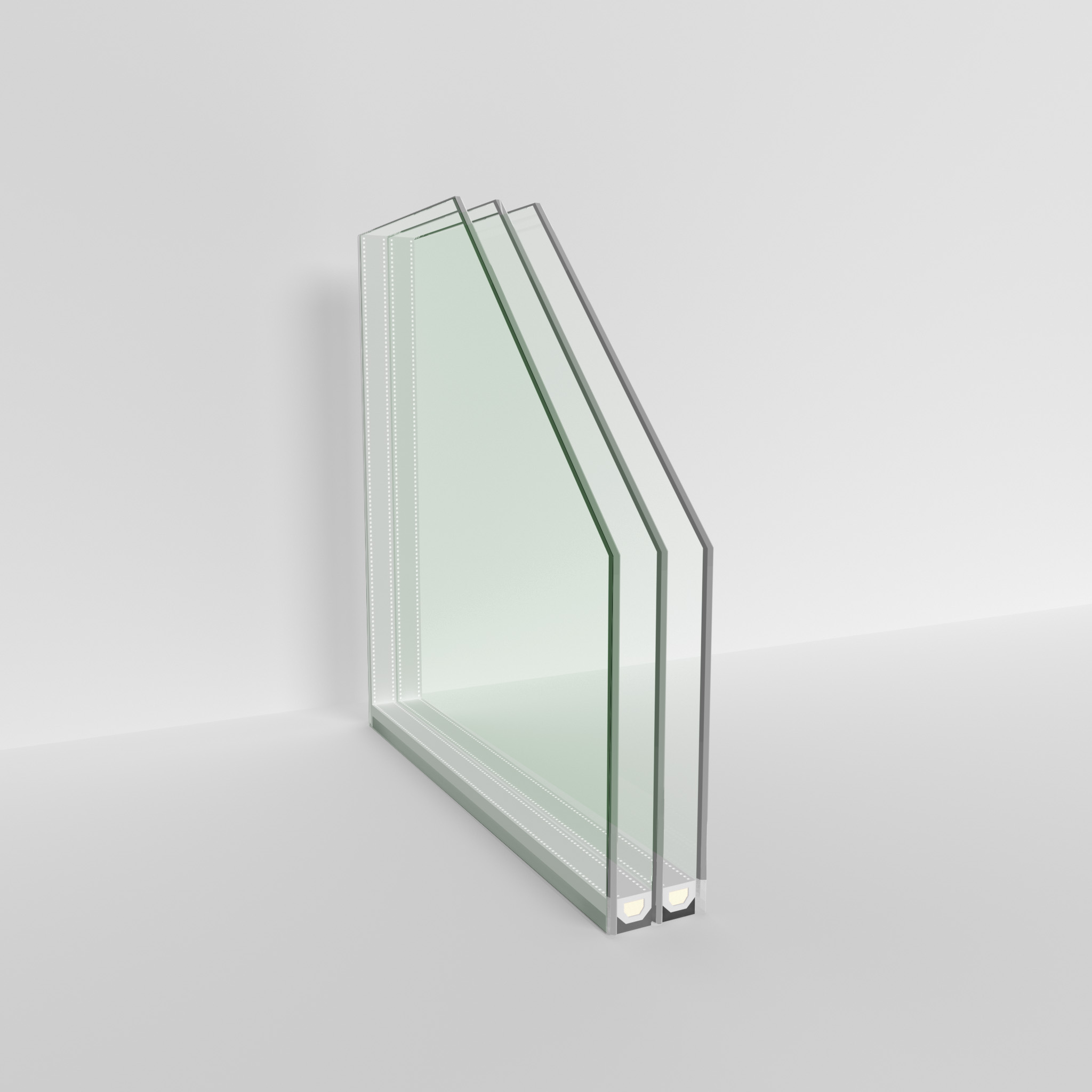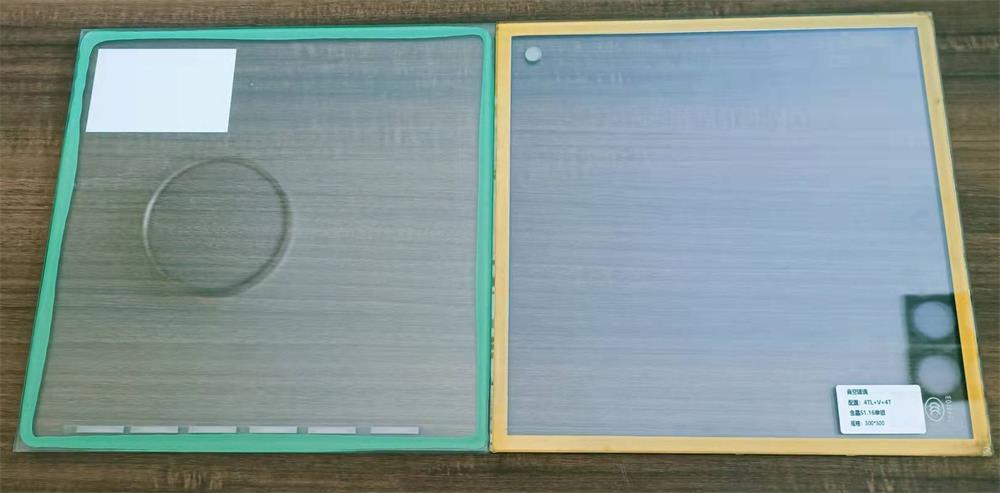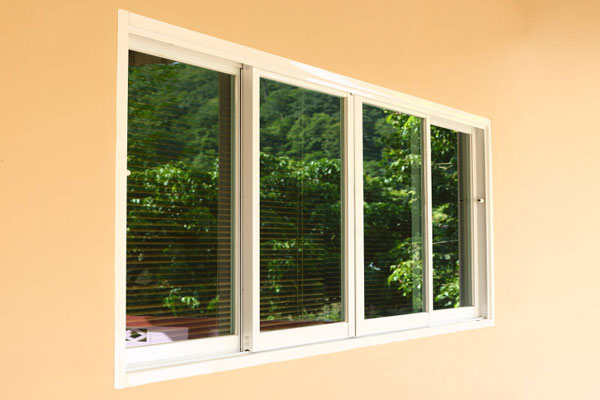“How much money will I save?” is the most often asked question about double glazing. as well as the question of “can double glazing reduce noise?” The answer to the second question is “yes.” A lot more than you realise” and “absolutely!” were the most common comments. It is undeniably a fantastic piece of work. When it comes to benefits, it’s hard to argue with double glazing.

The Right Kind of Installation
With the installation of Vacuum Insulated Window Glass, our homes are more comfortable and energy efficient, as well as more protected from intruders. Trade and retail customers alike may find exactly what they’re looking for in KLG’s extensive double glazing product line. Despite this, you’re not yet persuaded? Here’s some more information about this game-changing innovation, if you don’t mind us doing so.
By comparing vacuum glazing to traditional double glazing and the historical evolution of the insulated window, we can better understand its rising appeal and the reasons for its rise in popularity. During the late 1970s and early 1980s, the use of traditionally placed double glazing in the UK skyrocketed. Insulated windows were more common at this period because of the advancements in technology, which made double glazing no longer prohibitively costly.

Insulating gap between the two panes of glass in vacuum glazed window, as it is often referred as. It doesn’t matter whether a unit has a little different thickness, cavity fill (usually filled with Noble gas to boost insulation), cavity thickness, or spacer bar construction; all of them are still designated as double glazing units despite their discrepancies.
There is just one pane of glass in a single-paned window
All windows used to have a single pane of vacuum sealed windows until double glazing was invented. Having double glazing installed in your home can keep your home considerably more effectively heated since single-glazed windows may waste as much as 60% of the heat inside a home. Additionally, the noise reduction provided by a double-glazed window is substantial. Condensation that forms on single-glazed windows is minimized because to the further protection provided by the double-glazed glass.

When and how does Vacuum Glazing work?
Although vacuum glazing is structurally similar to double glazing, there is no gas in the cavity, therefore it is called “vacuum glazing.” For windows, a modest gap will suffice since vacuum is much more effective at keeping heat out than any gas. A huge, thick unit is no longer required to achieve amazing performance – the thickness of double glazing has been greatly reduced.
As far as house insulation is concerned, some experts believe that creating a vacuum between two panes of glass might be up to five times more efficient than standard double glazing. Because it is lighter and smaller in size, vacuum insulated glazing (VIG) may perform as well as or better than triple glazing. The acoustic properties of vacuum glazing are superior to those of regular glazing as the old movie phrase goes, “In space, no one can hear you scream!”

Is it feasible to have your windows vacuum-insulated?
Vacuum insulated windows are not a practical option for many applications at this time because of the high expense of establishing an insulated vacuum in a double glazing unit.



